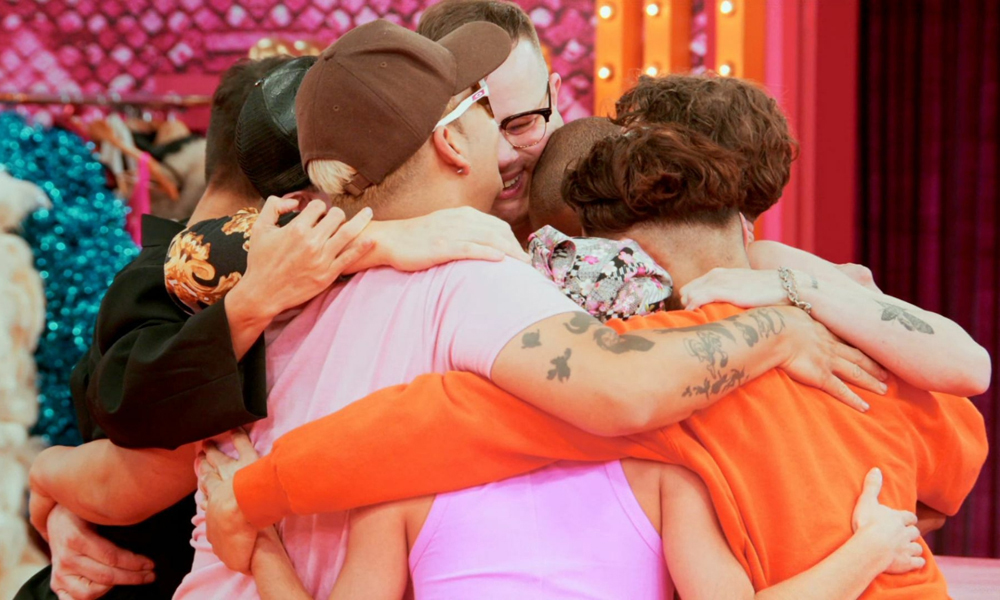New CAMH-led study “shows how urgently we need specialized, population-based LGBTQ2+ mental health supports for this group of young people,” says Dr. Alex Abramovich…
By Jumol Royes
Photo by: Dimi Katsavaris/Unsplash
The worst of the pandemic may not have affected all of us directly, but for vulnerable communities like Toronto’s LGBTQ2+ homeless youth population, the health crisis hit hard and the numbers tell a distressing story.
A new study from the Centre for Addiction and Mental Health (CAMH) shows that more than one third or 36 per cent of LGBTQ2+ homeless youth in Toronto have attempted suicide since the start of the COVID-19 pandemic, and 82 per cent have engaged in self-harm. The study also found that the number of LGBTQ2+ youth living in a public space, vehicle or vacant building increased from 13 to 33 per cent during the same period.
“The impact the pandemic has had on these young people is really shocking,” said the study’s lead author Dr. Alex Abramovich, an independent scientist with the Institute for Mental Health Research Policy at CAMH.
“Prior to COVID they already had much higher rates of depression, anxiety, and suicidal ideation compared to cisgender and heterosexual youth, due to stigma and discrimination. Their needs were not being met then and they certainly are not being met now.”
The study, “Investigating the impacts of COVID-19 among LGBTQ2S youth experiencing homelessness,” was published in the journal PLOS ONE last month. 61 young people aged 14 to 29, who self-identify as LGBTQ2+ and are at-risk of, or experiencing, homelessness in the GTA, participated in the study believed to be the first of its kind in the world.
Youth who were surveyed shared their lived experiences during the pandemic and they underscore just how urgent the needs are.
“I’ve had nervous breakdowns, I’ve had panic attacks, I’ve had anxiety attacks, I’ve had very severe depressive episodes,” said one participant.
Not having access to health care and social supports was another issue highlighted in the study as contributing to negative outcomes: 74 per cent of participants reported delayed or limited access to services, 62 per cent said they were unable to access counselling or support groups and 31 per cent reported not being able to access any health care at all.
“I had a tough time finding places to go when the pandemic happened, a lot of opportunities and just resources shut down for me,” shared another study participant.
Youth who were surveyed also reported higher levels of substance use during the pandemic. 67 per cent of respondents said they increased their use of cannabis, and 56 per cent reported increased alcohol consumption.
“It’s been really hard in our community because we’ve lost some people you know who were sober for years and unfortunately it was just the pandemic that kind of hit them and they couldn’t cope,” said one of the youth surveyed.
The statistics and the stories are heartbreaking and hard to ignore. They expose the uncomfortable truth about inequities that existed prior to the pandemic that still need to be addressed and remedied.
“This study shows how urgently we need specialized, population-based LGBTQ2+ mental health supports for this group of young people,” added Abramovich.
JUMOL ROYES is a Toronto-area storyteller, communications strategist and glass-half-full kinda guy. He writes about compassion, community, identity and belonging. His guilty pleasure is watching the Real Housewives. Follow him on Twitter @Jumol and on Instagram @jumolroyes.






POST A COMMENT